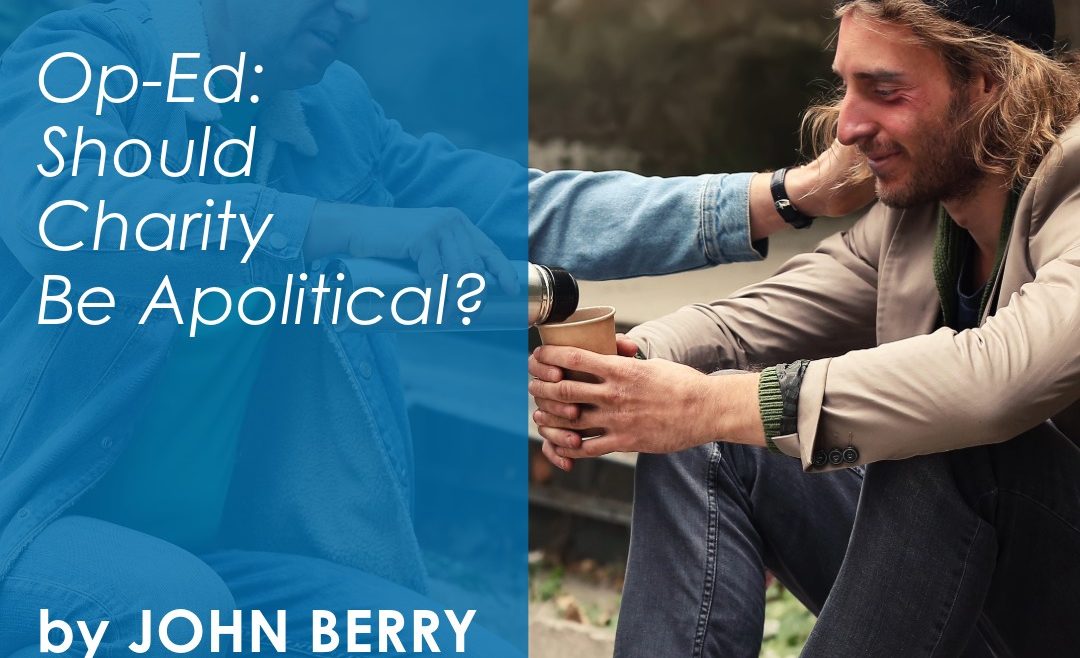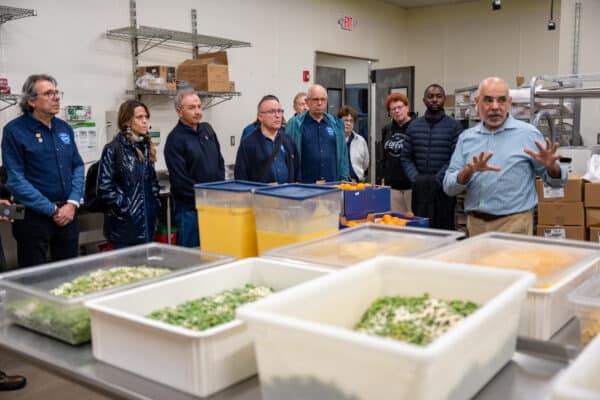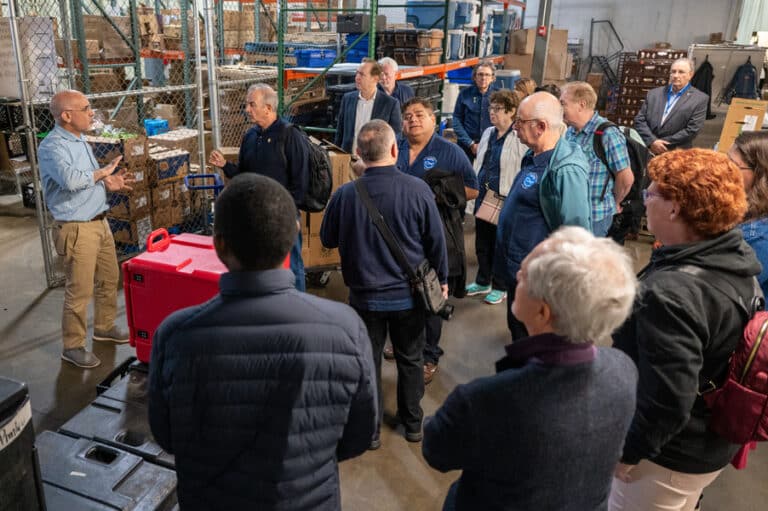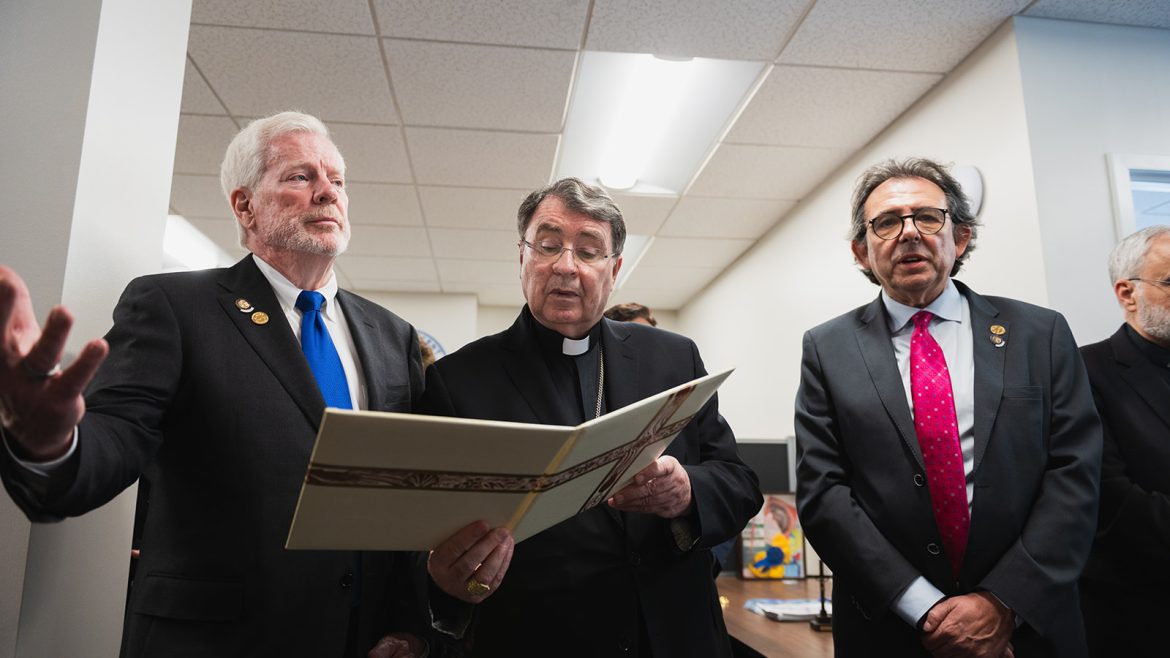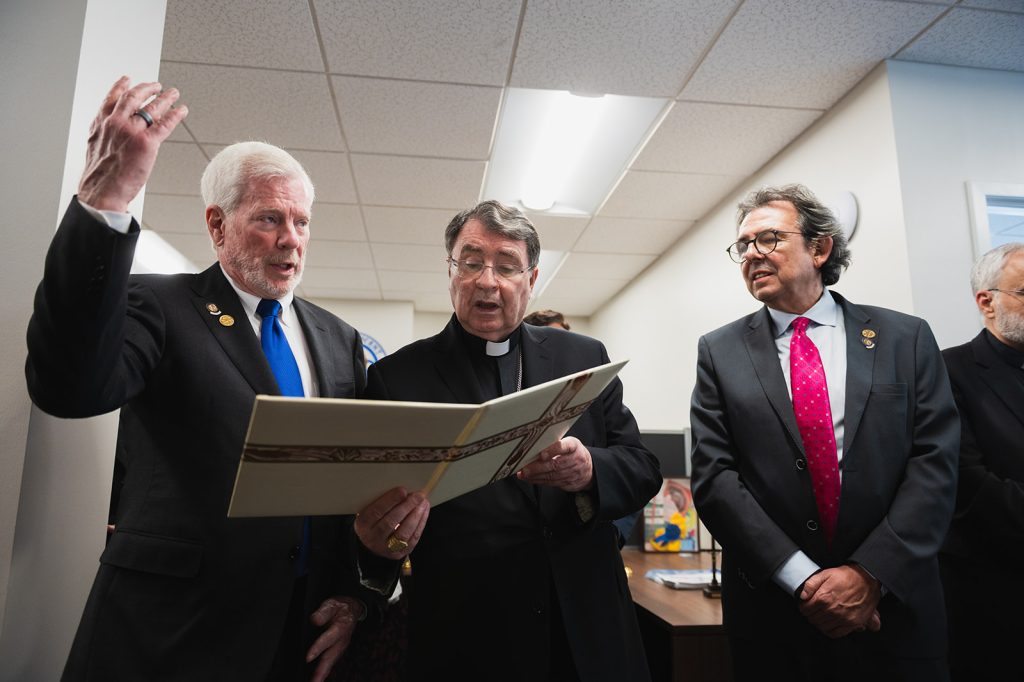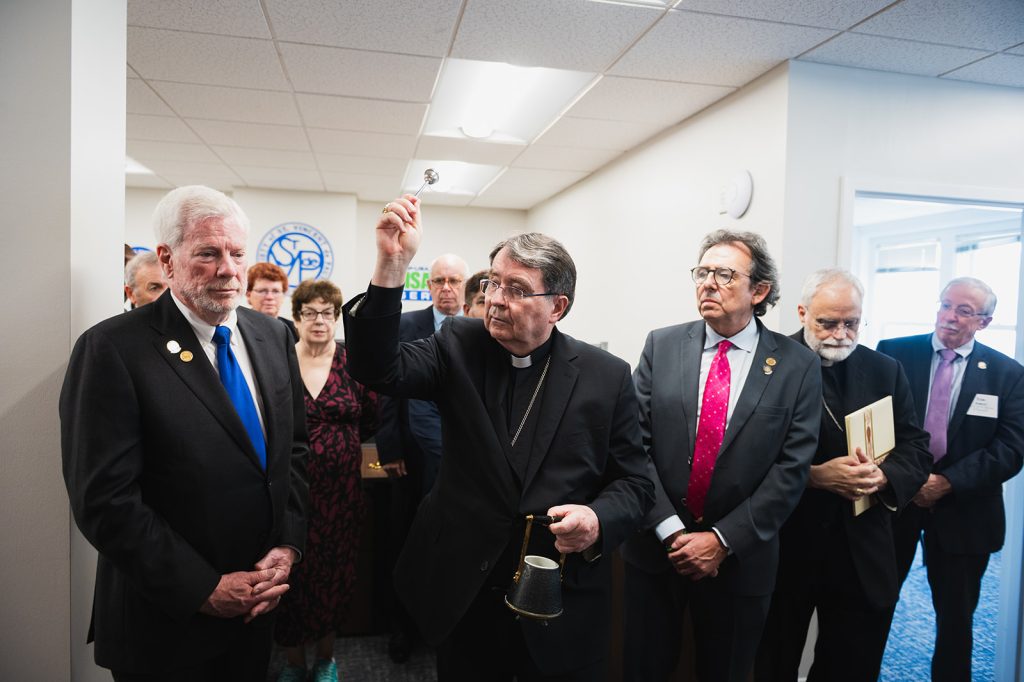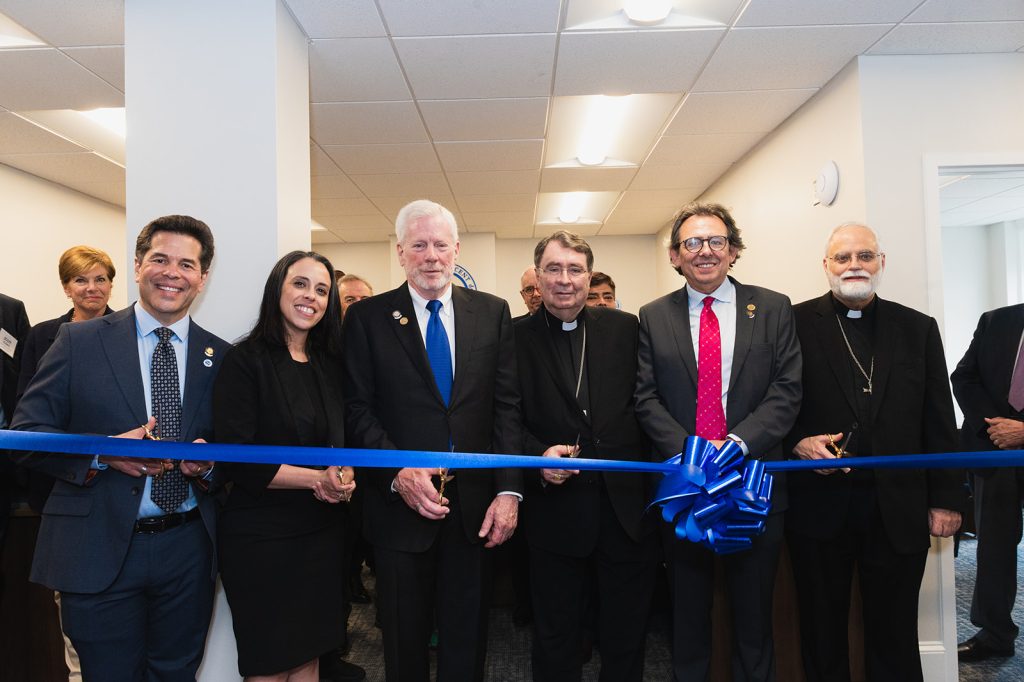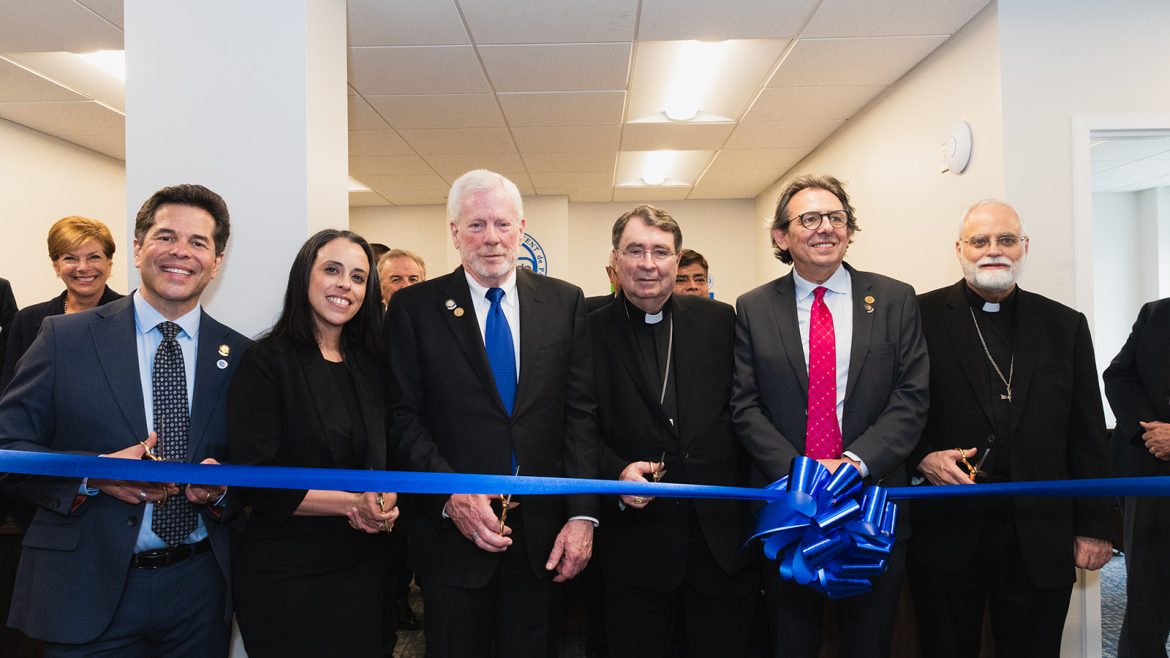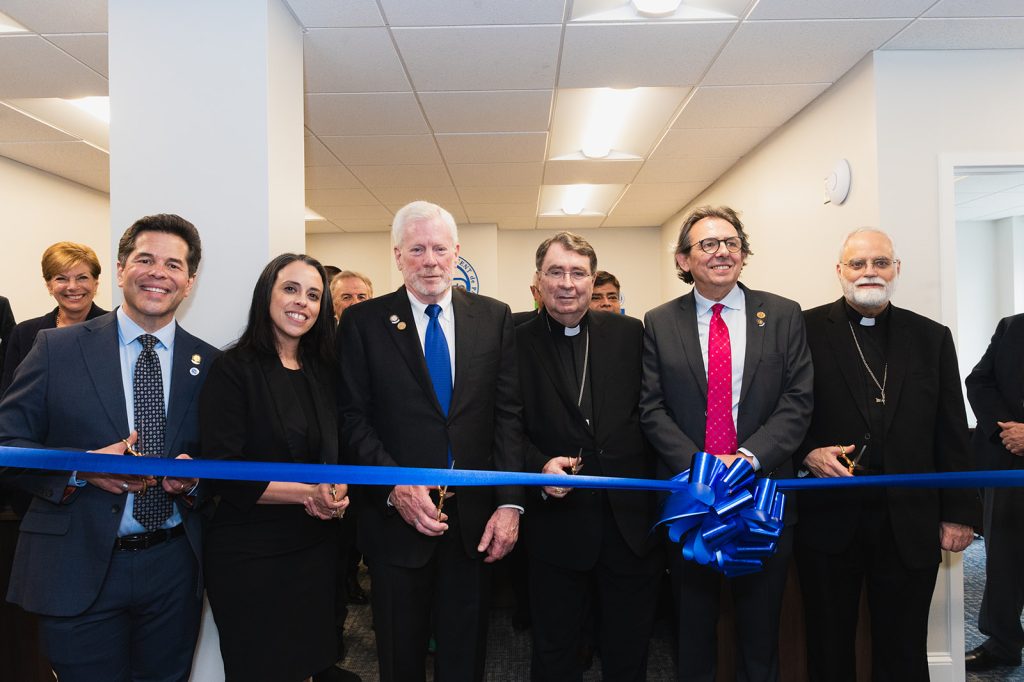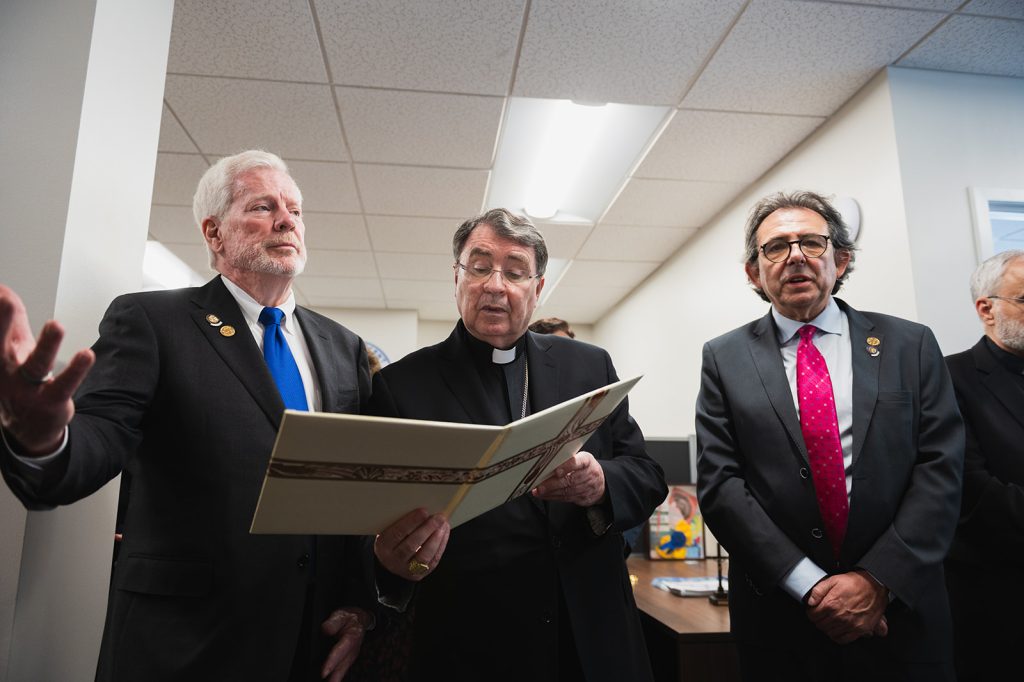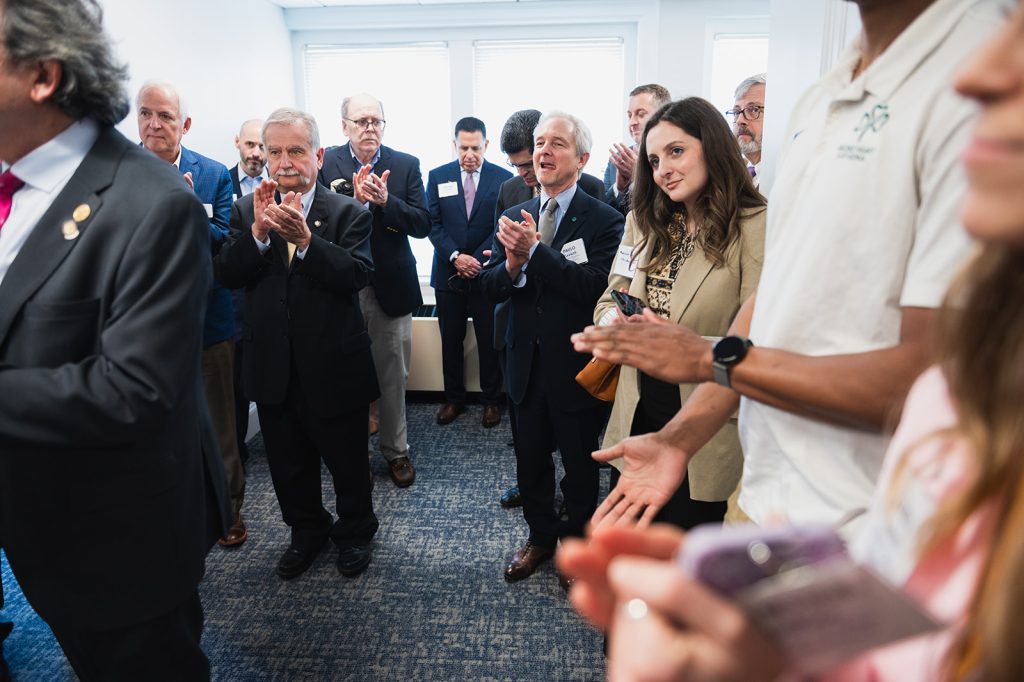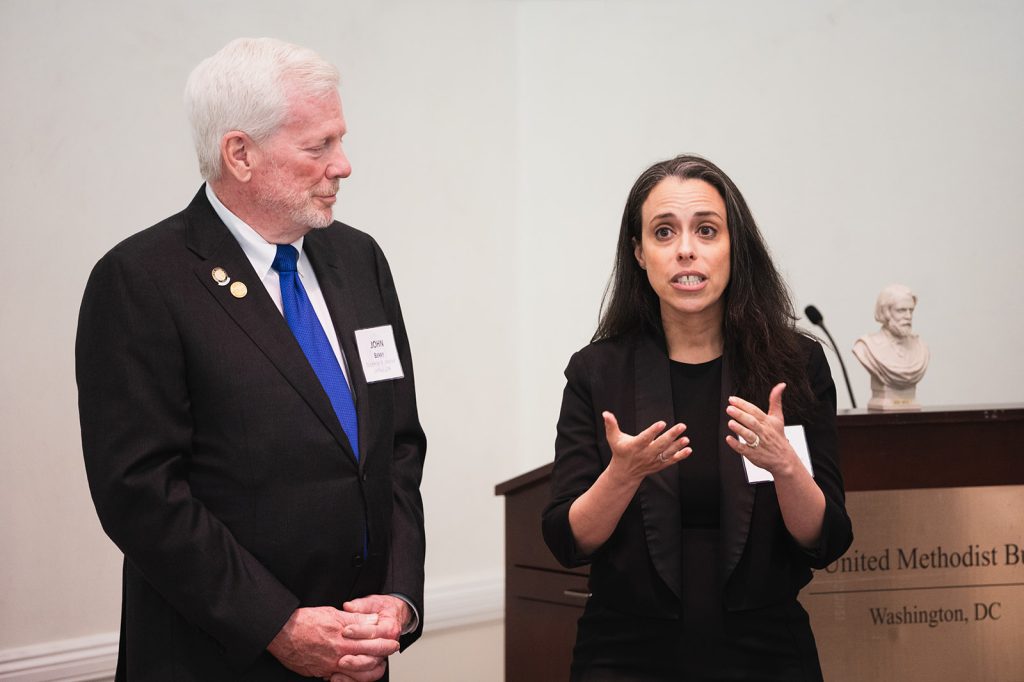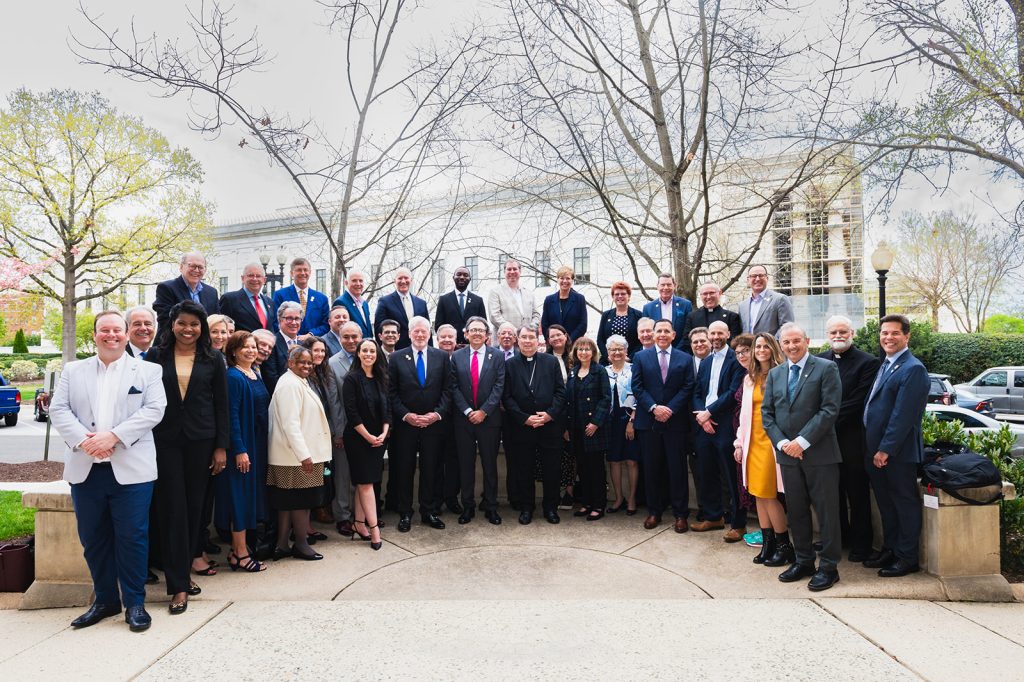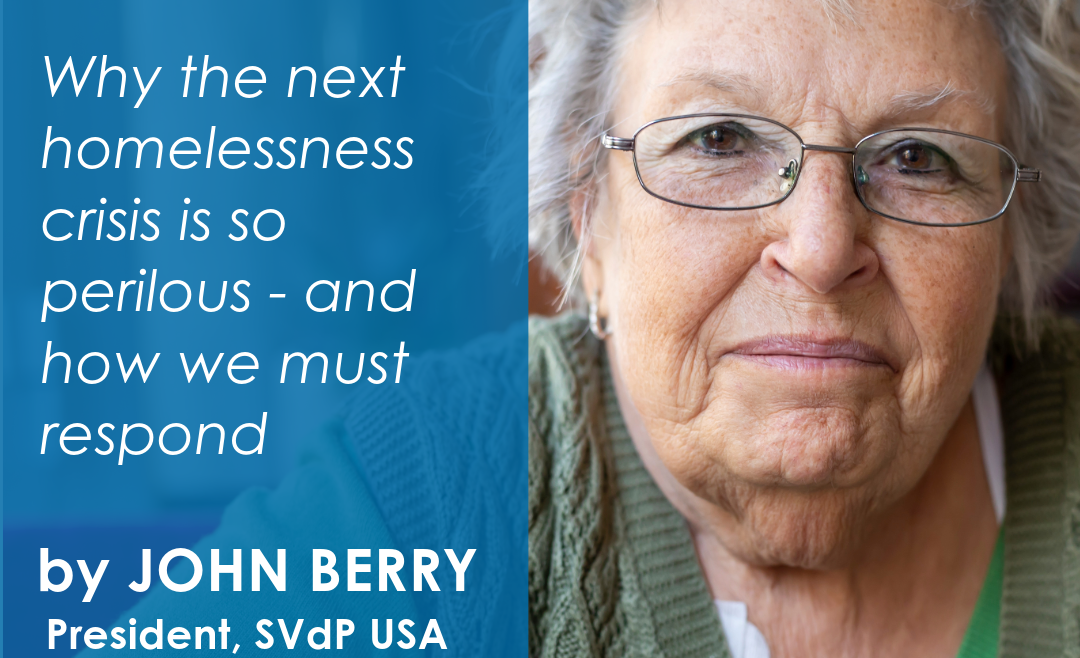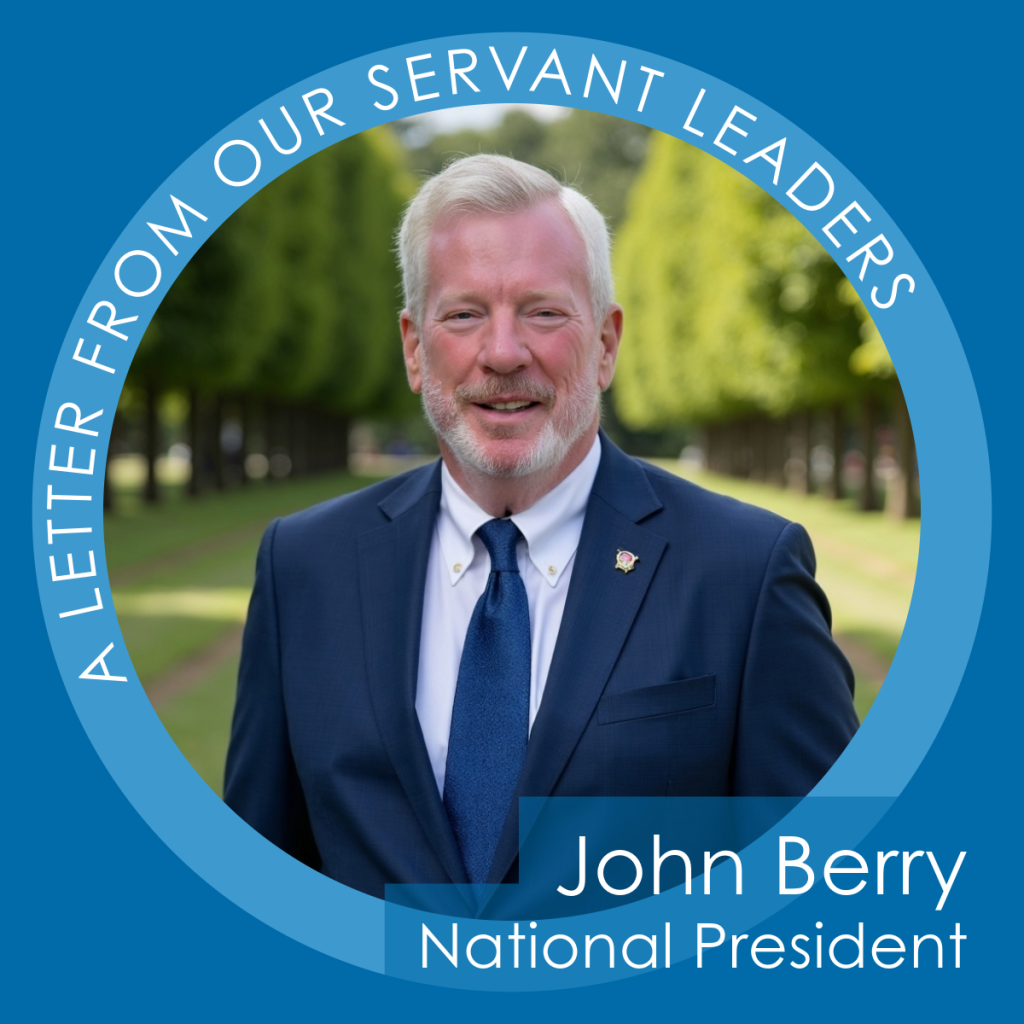
I have been reading Victor Gaetan’s book ‘God’s Diplomats: Pope Francis, Vatican Diplomacy, and America’s Armageddon.’ It is a fascinating and highly readable exploration of the Catholic Church’s evolving approach to global conflict resolution and peace building, emphasizing the Church’s shift from the “just war” tradition to a “just peace” framework rooted in dialogue, impartiality, and long-term relational engagement. Central to this transformation is the Church’s commitment to advocacy as a proactive, faith-driven pursuit of justice that transcends partisan politics and prioritizes the marginalized.
The book tells the story of how the Vatican’s diplomatic corps operates on principles that defy convention. Unlike nations that leverage military or economic power, the Church’s advocacy is grounded in neutrality, humility, and grassroots engagement. Key rules include avoiding “winners and losers,” remaining impartial, and “walking the talk” through charitable acts. For instance, during the Cuban Missile Crisis, Pope John XXIII’s discreet diplomacy helped de-escalate tensions by appealing to shared humanity rather than partisan interests. Similarly, in Colombia, local Catholic peacebuilders demonstrated how sustained, community-driven advocacy can counter cycles of violence.
Right about now you are probably saying “OK, John, that’s nice, but this isn’t a book club. What’s your point and why should I care?”
Fair question!
I think that we learn every day from observing others. And the insights and lessons in this book are things that relate to our work as Vincentians. They help us understand that we are not just transactional check writers and one-off suppliers of aid and support to people in need.
The approach that underlies the Vatican’s diplomatic work reflects a broader theological vision that we should understand and seek to mirror: the Church’s role as a “field hospital” (a metaphor often used by Pope Francis) that heals wounds without judgment. By prioritizing relationships over transactional victories, Vatican diplomats model a form of advocacy that aligns with Christ’s call to “love your enemies” (Matthew 5:44) and seek peace through understanding.
The Church’s diplomatic ethos finds practical expression in Catholic nonprofits like St. Vincent de Paul (SVdP) and others who blend direct service with systemic advocacy. Our work in advocacy must be as integral a part of who and what we are as our direct service to the people in need who come to us.
Further, our focus on advocacy must be to “Influence decision-making to promote justice and solidarity, emphasizing policy changes that address root causes of poverty.” This mirrors the Vatican’s long-term, dialogue-focused strategies.
An area where SVdP has always advocated and continues to advocate locally and nationally is economic justice. This includes affordable housing and just wages, reflecting Pope Leo XIII’s defense of workers’ rights in Rerum Novarum (1891), which condemned exploitation and called for equitable labor practices. And he further insisted that governments must prioritize the vulnerable, asserting that “the rich must religiously refrain from cutting down the workmen’s earnings” through unfair policies.
Advocacy for the poor is not optional in Catholic teaching; it is a requirement of faith. Jesus’s proclamation to “bring good news to the poor” (Luke 4:18) and His identification with the marginalized (“Whatever you did for the least of these, you did for me,” Matthew 25:40) form the bedrock of this mission.
The teachings of our faith have continued from Luke through the ages and is reflected in many of the recent Papal teachings from Pope Leo the XIII to Pope Francis (and I am sure will continue under Pope Leo XIV). Pope Francis, in Evangelii Gaudium, said “There is an inseparable bond between our faith and the poor.” He condemned an “economy of exclusion” and urged believers to “lend a ready hand” to dismantle systemic injustice.
Pope St. John Paul II highlighted the “preferential option for the poor” as non-negotiable, urging Catholics to “discern the justice of the poor’s requests and help satisfy them.”
In the book, Gaetan acknowledges that Church diplomacy is not without failures, such as divisions in Kenya where ethnic rivalries fractured local Catholic communities. Similarly, nonprofits like SVDP face hurdles like political polarization and resource constraints. Yet, the Church’s emphasis on patient dialogue and grassroots empowerment offers a model that rejects short-term, partisan solutions. So too, must we focus our advocacy efforts on experience-based, story-driven, real-world examples about the people we serve so as to help drive change through dialogue.
It is vital that we, both nationally and locally, increase our involvement in advocacy for the poor and marginalized because, as the Church’s diplomatic model demonstrates, real, lasting change for the vulnerable comes through sustained, humble engagement and a “culture of encounter.” Vatican diplomacy is effective precisely because it avoids partisanship, seeks common ground, and prioritizes the dignity, power, and resources of those most affected by conflict and poverty. This approach is not only a diplomatic strategy but a moral imperative that should inspire us to move beyond charity alone and engage in advocacy that addresses systemic injustices.
God’s Diplomats provides a guide to how the Church and SVdP USA can use advocacy not as a political tactic but as a sacrament of solidarity. By marrying spiritual principles with pragmatic action, the Vatican and Catholic nonprofits like us embody a vision of justice that transcends borders. As Pope Francis reminded us, “Mere condemnation is not enough; we must act.” In a world fractured by inequality and conflict, this call to advocacy, rooted in the Gospel and refined by centuries of social teaching, remains as urgent as ever.
The synergy between Vatican diplomacy and grassroots nonprofits underscores a timeless truth: defending the marginalized is not just a policy preference but a divine mandate. Whether brokering peace between superpowers or lobbying for affordable housing, the Church’s mission remains the same: to “do justice, love mercy, and walk humbly with your God” (Micah 6:8).
Peace and God’s blessings,
John


